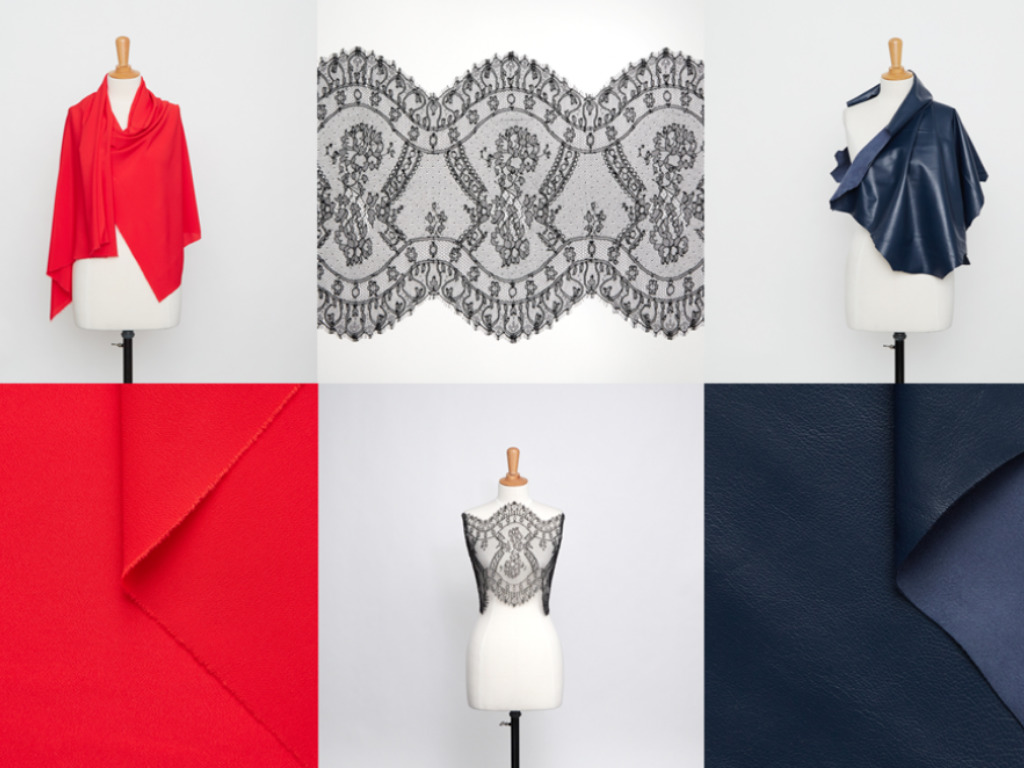3 Mins Read
LVMH, the owner of leading fashion houses such as Stella McCartney, Givenchy and Christian Dior, has launched the company’s first online resale platform. Nona Source was created as part of the luxury giant’s efforts to “re-source” and reuse materials from the Group’s Fashion & Leather Goods Maisons by providing access to these fabrics at competitive prices to emerging designers and brands in Europe.
Paris-based Louis Vuitton Moët Hennessy, known more generally as LVMH, has unveiled Nona Source, a platform that was incubated by the DARE intrapreneurial program (Disrupt, Act, Risk to be an Entrepreneur) in order to support the fashion conglomerate’s environmental strategy to build a circular fashion economy that part of its LVMH Initiatives For the Environment (LIFE) 360 program.
Created by LVMH experts Marie Falguera, Romain Brabo, Anne Prieur du Perray, the platform uses deadstocks, the “sleeping beauties” that are lying in the warehouses of LVMH Fashion & Leather Goods Houses, Dior, Givenchy, Loewe, CELINE and several more to prevent this textile waste from unnecessarily ending up in landfills.
The online platform’s catalogue showcases materials from lace to leathers in different compositions, weights, colors and patterns, however, exclusive patterns or branded fabrics are not available. Initially, the platform has proposed 100,000 metres of 500 fabrics and 1,000 metres of leather all re-sourced from one Parisian couture house.
In an interview with Vogue Business, Romain Brabo, who previously worked with Givenchy and Kenzo as an expert in material purchasing and manufacturing, said: “I would go to warehouses, and I saw the multiplication of deadstocks. I thought: on one hand, there are young designers seeking beautiful fabrics to make their collections; on the other hand, couture houses are storing materials they have no use for. How to create a link between them?”
Read: Meet Queen Of Raw, The Blockchain-Powered Marketplace Turning Textile Deadstock Into Dollars
Carefully selected and re-valued with up to 70% off from the original price tag, the fabrics are presented through high-quality visuals, videos that replicate the “Touch & Feel” experience and mannequin displays. Professionals can buy rolls, skins or panels, without the need for cutting or sampling and can purchase quantities as low as two to twelves metres.
This solution derives its name from one of the three Parcae goddesses of Roman mythology with the youngest, Nona spinning the thread of life and Decima weaveing it with Morta cutting it and hence the platform is based on this principle of reusing materials without the need for the thread to be cut and instead upcycling it to provide high-quality products.
As stocks are located in Europe, the platform will only be delivering across Europe and to the U.K. to start with.
Going forward, the program will incorporate the use of sustainable designs, recycled materials and packaging with goals that will increase all the after every couple of years till 2030 experimenting with several rental and resale models.
According to Stephanie Benedetto, co-founder and CEO of Queen of Raw, deadstock textiles alone amount to an annual loss of over US$152 billion for the industry.
Read: 5 Ways Conscious Consumption Is Driving The Resale Fashion Boom
Lead image courtesy of LVMH.



